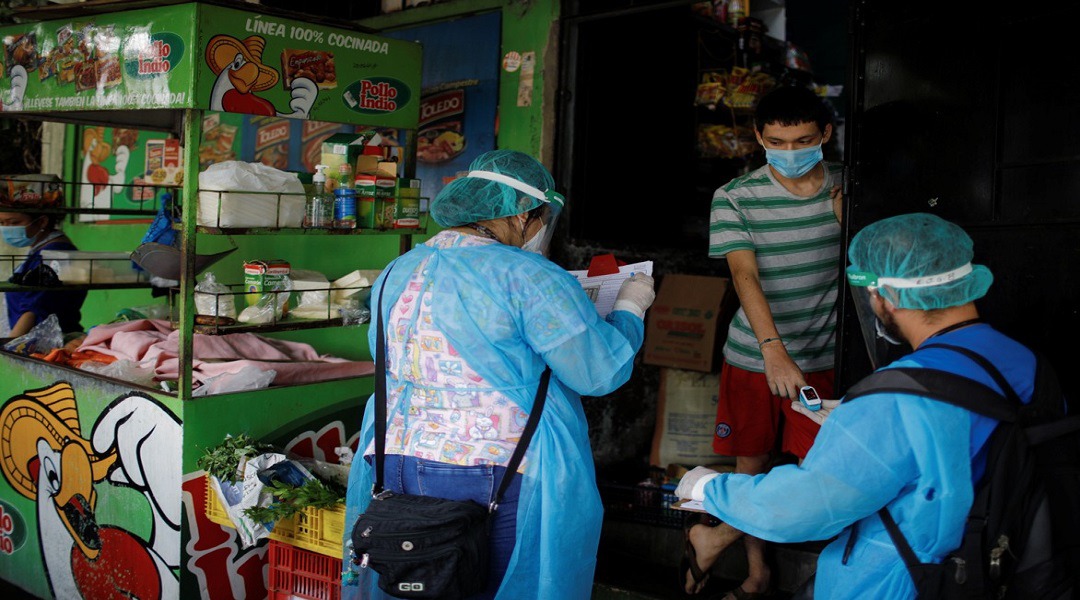
@ShahidNShah


The reasons for the failures are complex and systemic. Antiquated technology and underfunded health-care systems have proved ill-equipped to respond. Wealthy nations have struggled to hire enough contact-tracers, marshal them efficiently, or make sure that people do self-isolate when infected or that they quarantine when a close contact has the disease. And overstretched contact-tracers have been met with distrust by people wary both of health authorities and of the technologies being deployed to fight the pandemic.
A handful of places stand out as exemplars of successful contact-tracing — including South Korea, Vietnam, Japan, and Taiwan. Many of these have cracked down on COVID-19 early, isolated infected people and their contacts, and used personal data such as mobile-phone signals to track obedience. Not all of those techniques are transferable to countries now struggling to contain massive outbreaks. But they still provide some lessons.
Continue reading at nature.com
The COVID-19 pandemic has unmasked chronic shortcomings of the U. S. health care system that have exacerbated the challenging situation the nation faces in trying to recover from the most severe …
Connecting innovation decision makers to authoritative information, institutions, people and insights.
Medigy accurately delivers healthcare and technology information, news and insight from around the world.
Medigy surfaces the world's best crowdsourced health tech offerings with social interactions and peer reviews.
© 2025 Netspective Foundation, Inc. All Rights Reserved.
Built on Dec 16, 2025 at 1:07pm